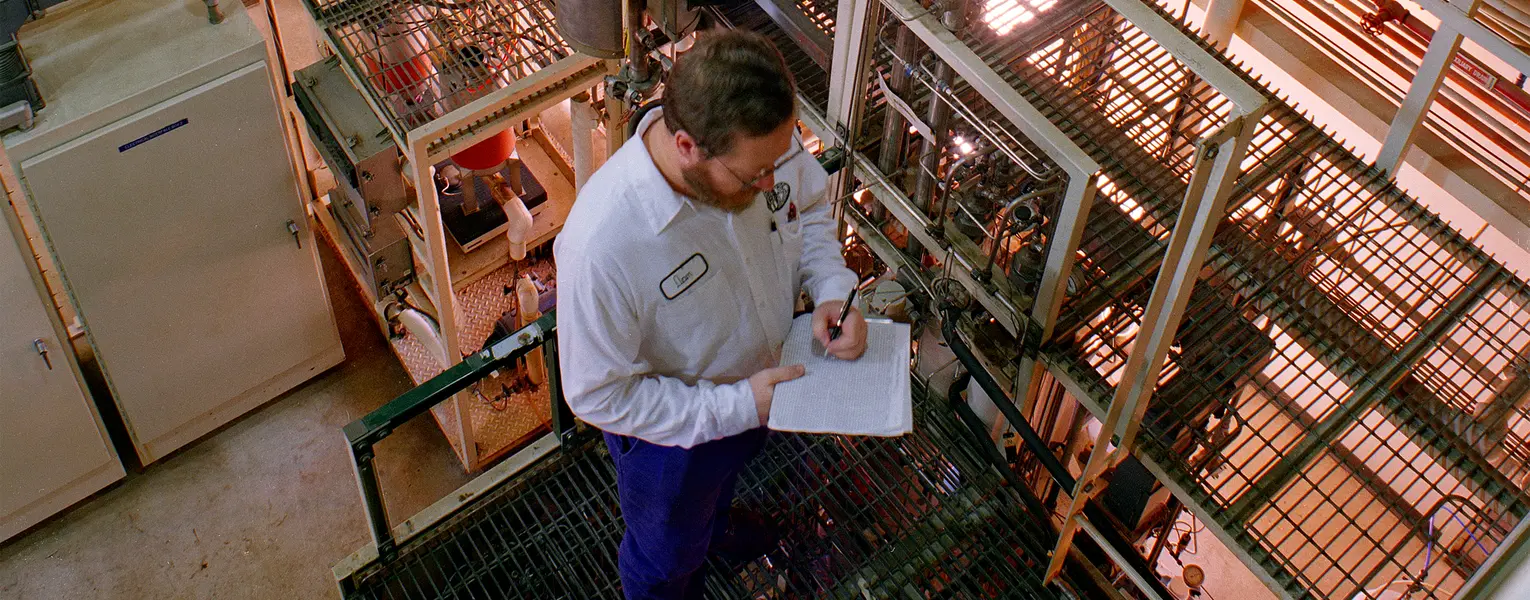As regulations are increasingly more stringent for fuels, hydroprocessing is becoming a key unit operation for both petroleum and integrated biorefineries. Our Alternative Fuel Center has helped both industry and government hydrotreat, hydrocrack, or reform new fuels and chemicals from various sources to make gasoline, diesel, and jet fuels and chemicals for specification testing and product validation. In addition to fuels, our hydroprocessing pilot plants (10mL—7L catalyst capacity), can perform high-pressure and temperature fixed bed processing with process gas recycle.
Using packed- and fluidized-bed reactors, SwRI develops pilot plants for hydrotreating and hydrocracking hydrocarbons. Batch reactors support chemical processing and continuous distillation. Computer-based process simulation and analytical capabilities accurately determine chemical composition of feed and products. SwRI’s innovative gas-to-liquid technology offers superior carbon efficiency compared to the standard Fischer-Tropsch processes. The Institute develops novel hydroprocessing techniques to upgrade crop and algae oil and other bioderived feedstocks. Promising new technologies include accelerated catalyst life testing, sulfide agent catalyst assessments, and optimized lubricant production. SwRI expertise includes producing specification-grade products from waxes and liquids, high octane gasoline from lignin, and jet fuel from alcohols.
Cost-Effective Fuels
- Biofeedstock
- Algae Oil
- Ethanol Biofuels
- Continuous Biodiesel Production
- Piloting for the Future
Read more about our work in: From Biomass to Biofuel: The Commericialization Challenge




